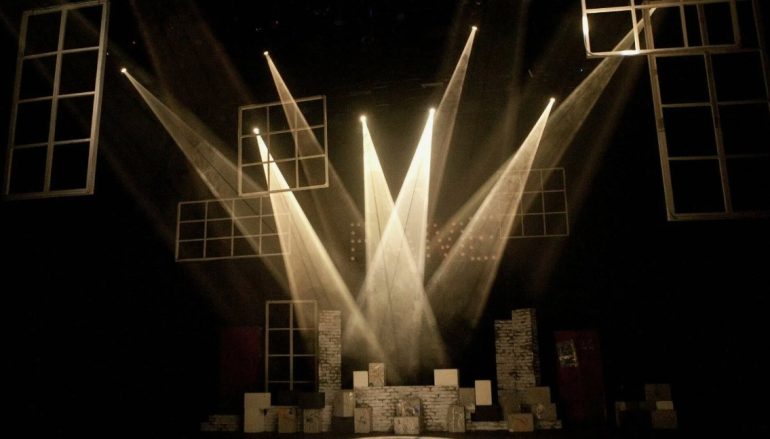
Many people dream about working in theatre, and some of them are fascinated by the magic of light. They ask themselves whether a degree is the only possible route. Theatre has always opened its doors to those with talent, skill, and persistence. This is why the question has relevance: can someone shape a career in lighting without formal higher education and still reach success.
Pathways Beyond Formal Education
The world of stage production values creativity and dedication. While some professionals come through academic programs, others start learning on their own. A strong portfolio, combined with discipline, can make a person noticed. Instead of focusing only on diplomas, many managers pay attention to what an aspiring specialist can demonstrate in practice.
- Hands-on experience during student or amateur productions
- Assisting seasoned designers as volunteers or interns
- Exploring digital tools and stage simulation software
- Learning technical aspects of rigging and safety standards
Skills That Open the Door
A Theatre Lighting Designer must blend artistic vision with technical precision. Without a degree, one can still cultivate essential talents such as understanding color theory, knowing how to balance intensity, and creating moods through contrast. Continuous learning and curiosity remain central for future growth.
- Understanding angles and their emotional impact
- Working with different types of fixtures and boards
- Learning the language of directors and stage managers
- Developing sensitivity to timing and rhythm of a play
Alternative Learning Sources
Formal studies are not the only way to become knowledgeable. There are workshops, online courses, and technical manuals available at low cost. Practical learning in theatres, clubs, and live shows also gives valuable insights. Some professionals start as technicians and gradually transform into creators of lighting concepts.
Networking and Portfolio Growth
Connections often lead to the first serious opportunity. By staying active in communities, one can showcase results and gather recommendations. Event organizers and directors prefer people who can demonstrate reliability. Building a portfolio of different projects shows creativity and flexibility.
Overcoming Challenges
Those without a diploma may face skepticism, but persistence often changes perception. Every performance worked on becomes part of an informal education. Each obstacle teaches valuable lessons about communication, timing, and technical adaptability. Over time, even lack of formal credentials stops being an obstacle.
It is possible to succeed as a Theatre Lighting Designer without a college degree. Persistence, skill refinement, and dedication to practice can bring recognition and steady work. Not every path is the same, and some require more effort, but the door is open for those who keep learning. A lighting designer who remains curious and disciplined will find opportunities to shine, even without academic papers.

